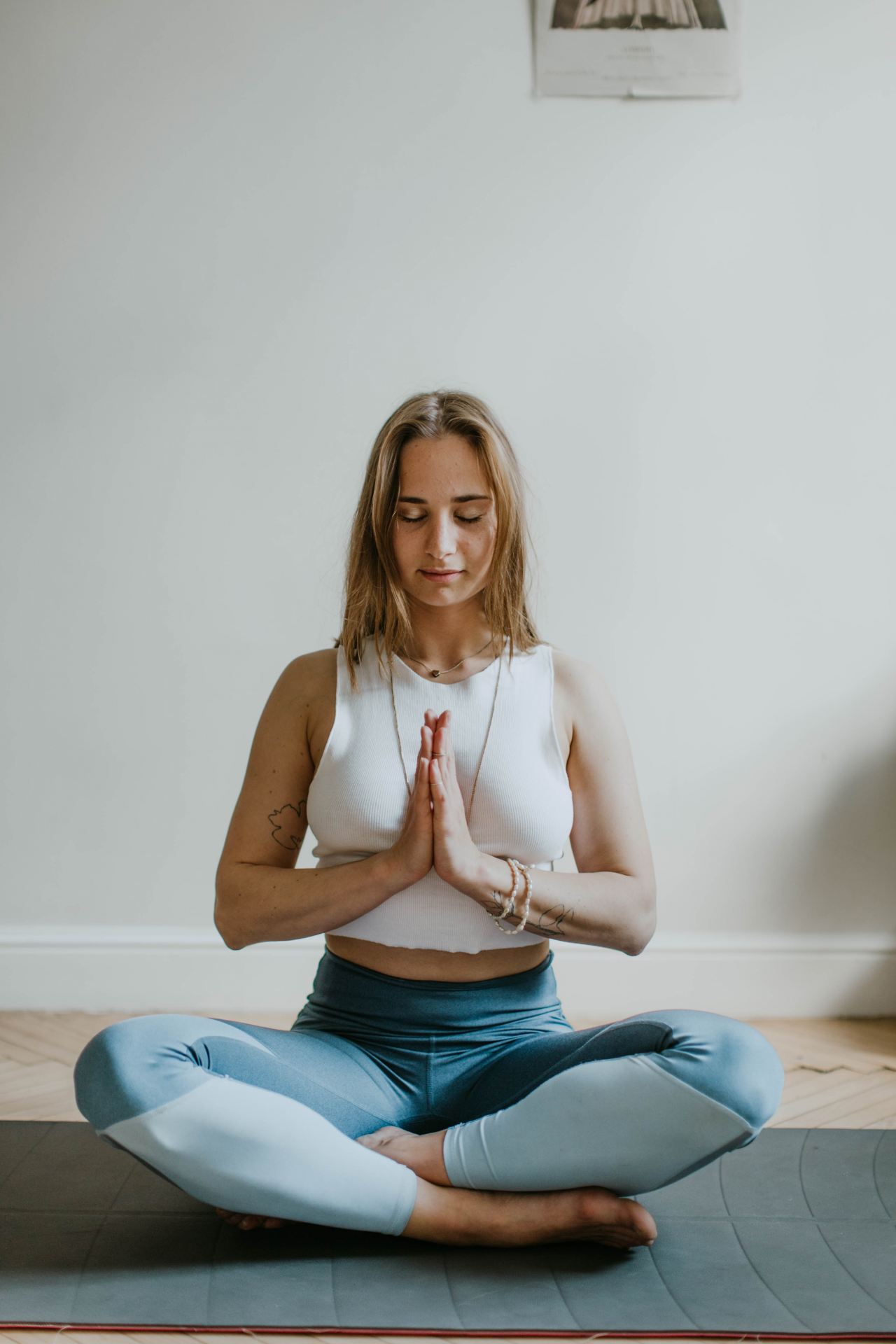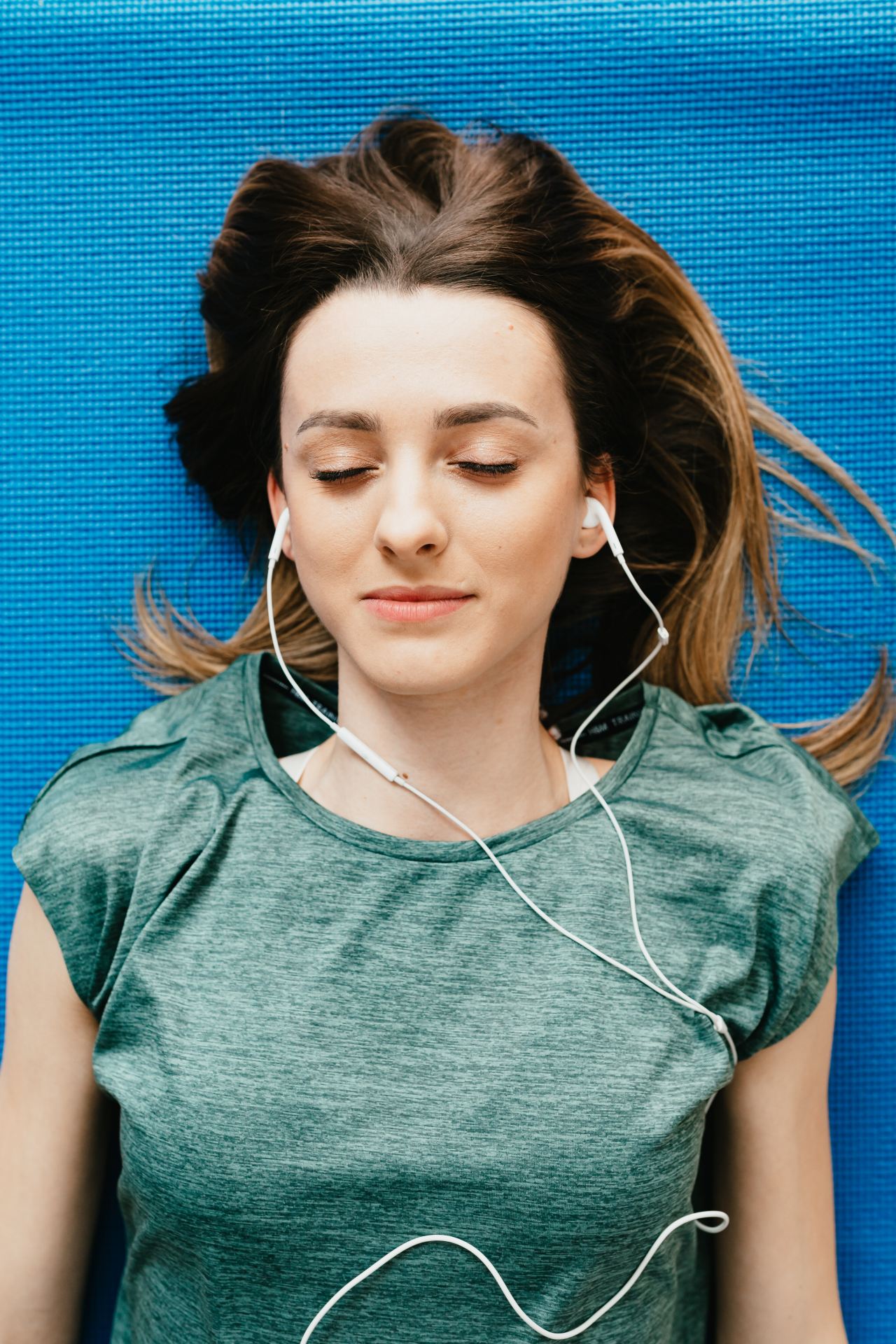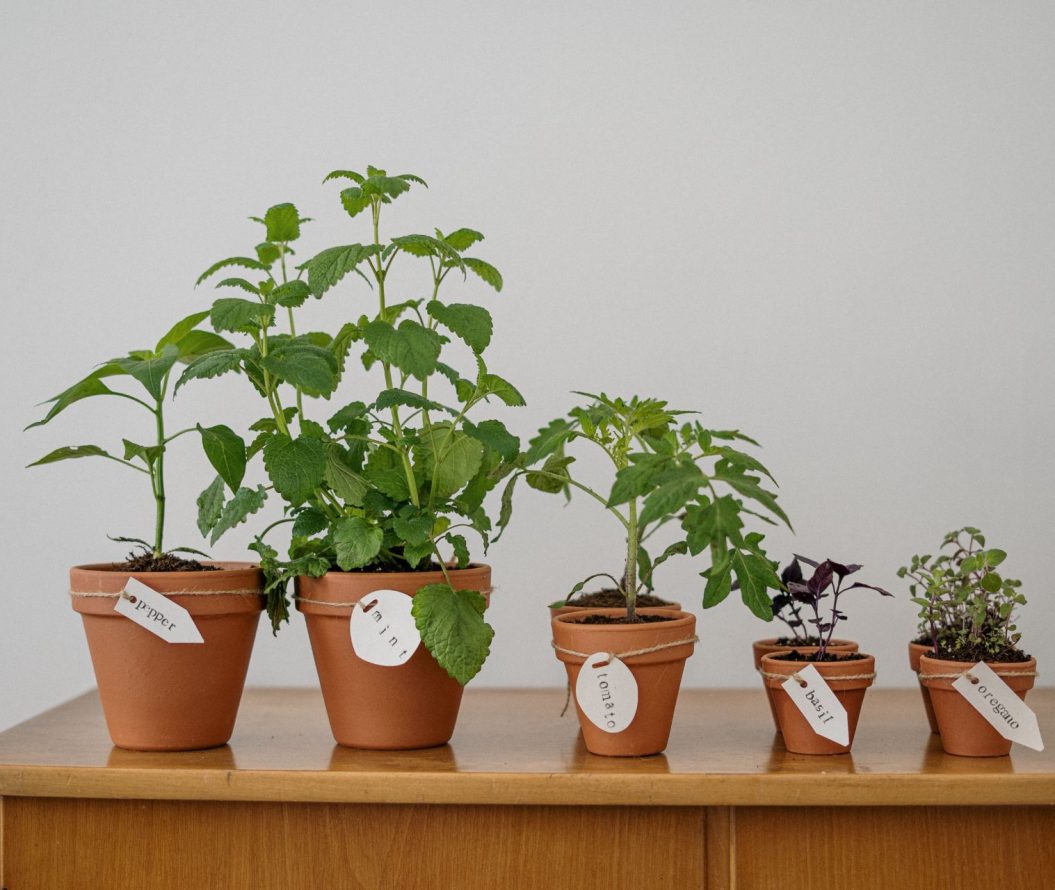Hi everyone my name is Hannah and I'm a third year student studying Biomedical Science. I'll be starting my MSc in Data Science and Applied Analytics next year. Outside of university I've really enjoyed teaching myself to crochet over the…

Mindfulness is defined as maintaining a constant awareness of our feelings, thoughts, bodily sensations, and surrounding environment through a sensitive, understanding lens. It is the human ability to be fully aware of where you are and what you’re doing, something easily overshadowed by overwhelming thoughts or reactive situations. It is something everyone can do; however, you must first learn how to access it.

Mindfulness is often achieved through meditation. Meditation is a practice in which an individual trains their attention and awareness to achieve a mentally stable and calm state. There are many benefits when achieving mindfulness, one is to gain an awareness and insight into our own minds, observing from a different perspective can aid in problem-solving. It is also a great stress reducer, allowing you to take a break from any overwhelming thoughts and begin again with a fresh mind.
Although with all the stress of exam season on top of the problems of daily life this may seem unattainable, as often when thinking of meditation sitting cross-legged and chanting “umm” may come to mind. Mediation is instead a simple activity and can be practised by walking, standing, or even lying down (although you may often fall asleep!). It doesn’t have to take long either, it can be a simple minute pause or merged with other activities like yoga.
Meditation begins with taking the time to pay attention to your environment, and each of your senses, focusing on your breathing and relaxing each body part. Although it is easy to get swept up with a racing mind, simply start again when you feel your thoughts wandering elsewhere.

Being mindful is something that must be practised and can be especially hard as a complete beginner, particularly in times like exam season when there are added pressures. If you’re struggling to achieve mindfulness alone, there are many apps which can help you meditate.
Headspace has a variety of meditations that are easy to use, with specialised beginner courses for different targets this is a great app to use. Although there is limited free content, it is a great option for a complete beginner. Another app is the Mindfulness.com Meditation app, with micro-mediation practices between 1-2 minutes long this is great for in-the-moment support and also comes with daily specialised tips.
- Topics
- Meditation
- Mental health
- Mindfullness



